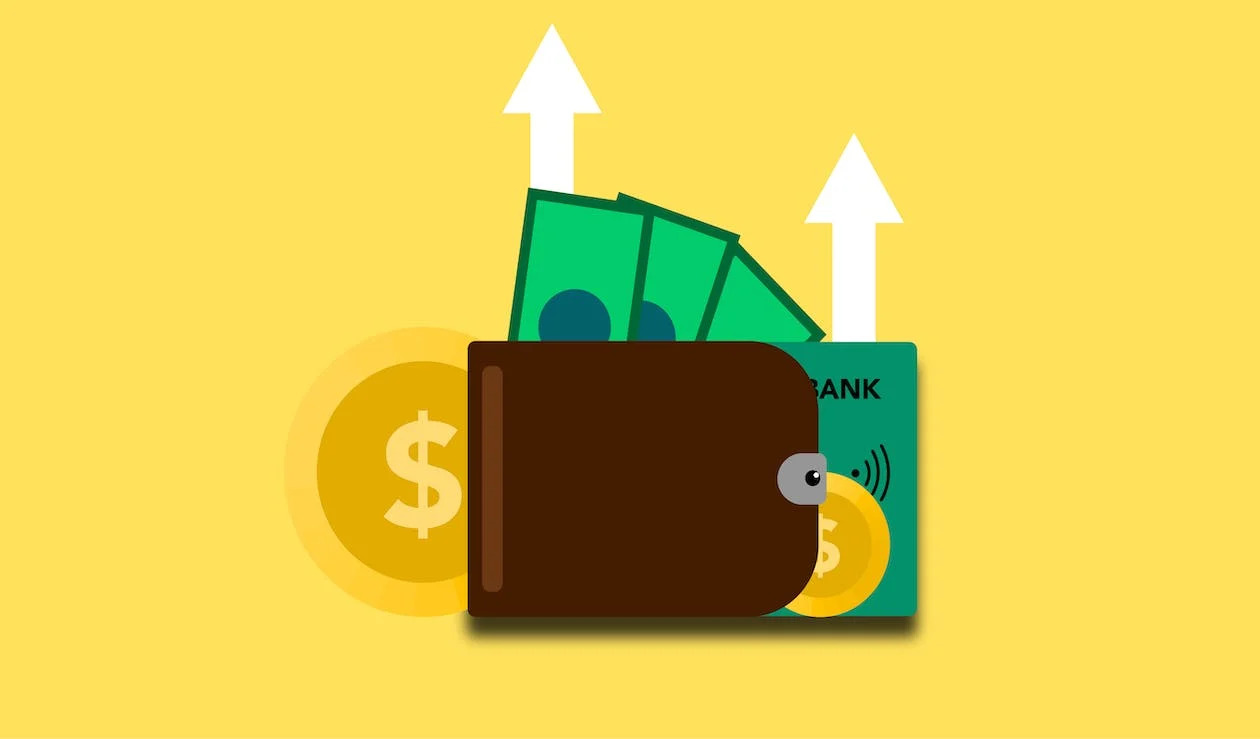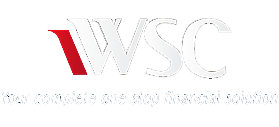
Latest News
What changed on 1 July 2023
Employers & business
- Superannuation guarantee increases to 11% from 10.5%
- National and Award minimum wage increases take effect.
- The minimum salary that must be paid to a sponsored employee - the Temporary Skilled Migration Income Threshold - increased to $70,000 from $53,900.
- Work restrictions for student visa holders reintroduced to 48 hours per fortnight.
- The cap on claims via the small claims court procedures for workers to recover unpaid work entitlements increases from $20,000 to $100,000.
- Energy Bill Relief Fund for small business kicks in – it will apply to your energy bills if you meet the criteria.
- Sharing economy reporting to the ATO commences for electronic distribution platforms.
Superannuation
- Superannuation guarantee increases to 11%
- Indexation increases the general transfer balance cap to $1.9 million.
- Minimum pension amounts for super income streams return to default rates.
- SMSF transfer balance event reporting moves from annual to quarterly for all funds.
For you and your family
- The new 67 cent fixed rate method for working from home deductions – make sure you have a record of when you work from home. The ATO won’t accept a simple “I work from home every Wednesday” x 8 hours calculation.
- Access to the first home loan guarantee expands to “friends, siblings, and other family members.”
- The Medicare low income threshold has increased for 2022-23.”
- The child care subsidy will increase from 10 July 2023 for families with household income under $530,000. See the Services Australia website for details.
- New parents able to claim up to 20 weeks paid parental leave.
- Access the age pension increased to 67 years of age.
Important: 1 July 2023 wage increases
For employers, incorrectly calculating wages is not portrayed as a mistake, it’s “wage theft.” Beyond the reputational issues of getting it wrong, the Fair Work Commission backs it up with fines of $9,390 per breach for a corporation. In 2021-22 alone, the Fair Work Ombudsman recovered $532 million in unpaid wages recovered for over 384,000 workers.
On 1 July 2023, award rates of pay and the National Minimum Wage increased by 5.75%
It is critically important that all employers review their payroll systems and ensure they are applying the correct rates and Awards.
The National Minimum Wage applies to workers not covered by an Award or registered agreement. From 1 July 2023, the National Minimum wage has increased to $23.23 per hour ($882.80 per week for a full-time employee working a standard 38 hours week).
For casuals, the minimum wage including the 25% casual loading is a minimum of $29.04 per hour. For workers under an Award, adult minimum award wages increase by 5.75% applied from the first full pay period on or after 1 July 2023. Proportionate increases apply to junior workers, apprentice and supported wages.
In addition, the superannuation guarantee increased from 10.5% to 11% on 1 July 2023.
If the employment agreement with your workers states the employee is paid on a ‘total remuneration’ basis (base plus SG and any other allowances), then their take home pay might be reduced by 0.5%. That is, a greater percentage of their total remuneration will be directed to their superannuation fund. For employees paid a rate plus superannuation, then their take home pay will remain the same and the 0.5% increase will be added to their SG payments.
Note: The material and contents provided in this publication are informative in nature only. It is not intended to be advice and you should not act specifically on the basis of this information alone. If expert assistance is required, professional advice should be obtained.














